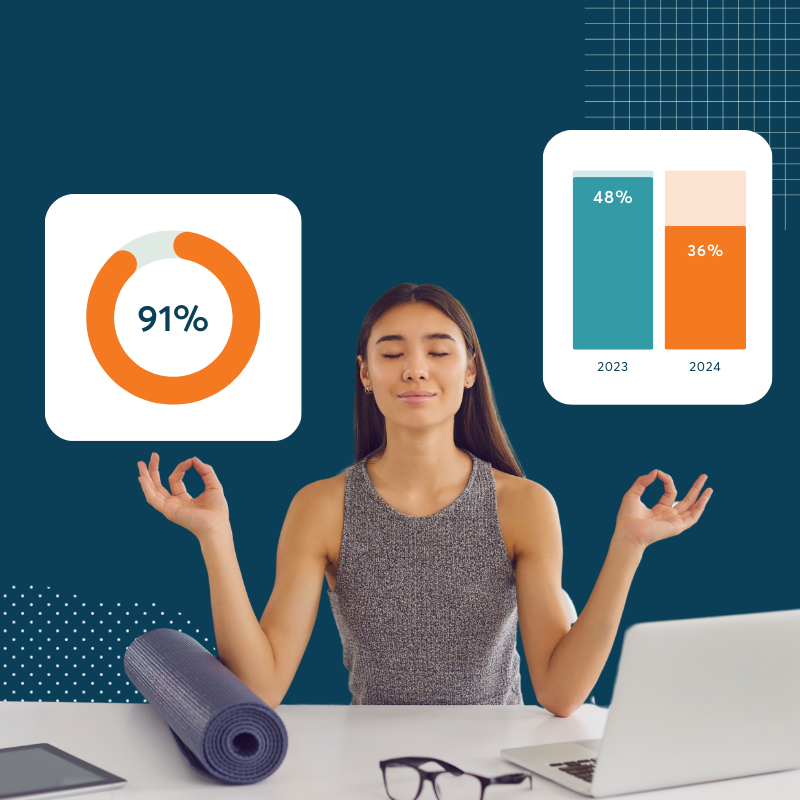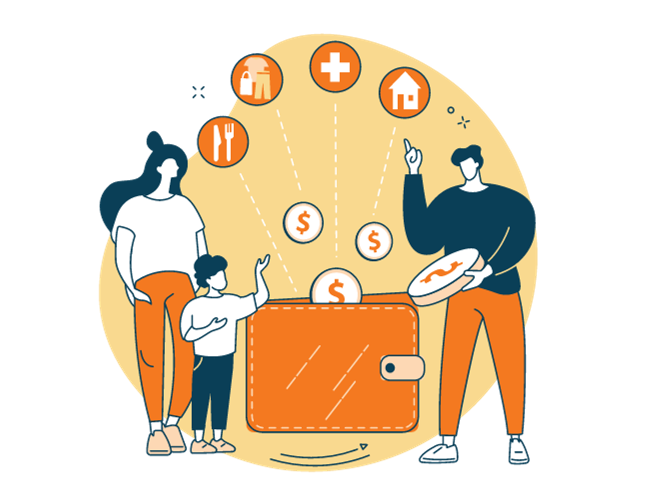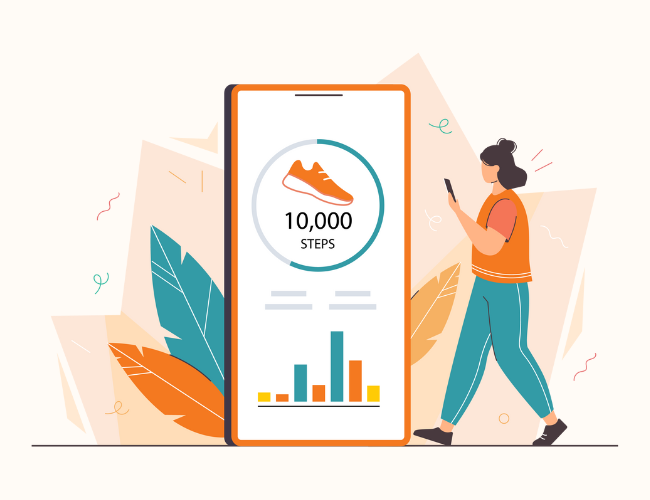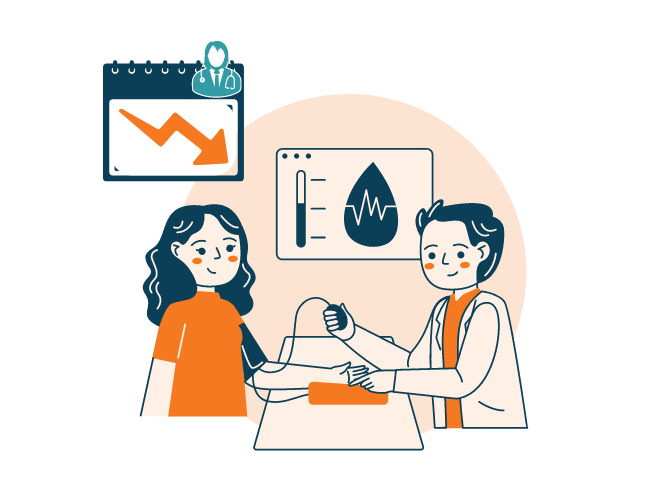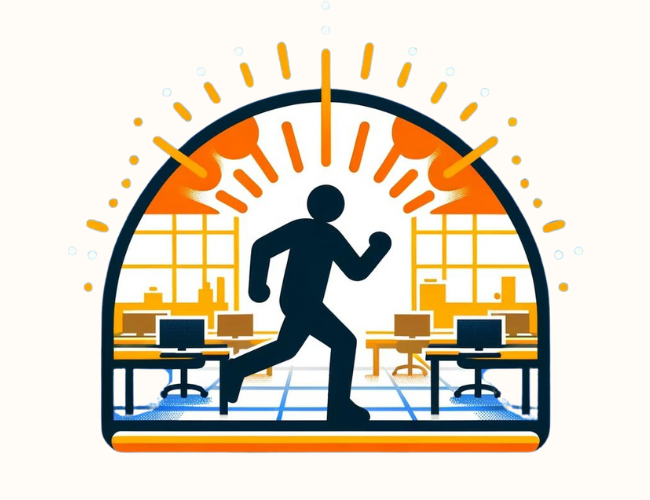A lot of attention has been put towards making wellness programs more effective by addressing the specific, personal needs of each individual rather than opting for a one-size-fits-all approach—and with good reason. People thrive on different diets and exercise routines, work at different paces, and struggle with different wellness concerns. While this individualization is necessary for accessibility and engagement, employers should keep in mind that there are benefits to including a social aspect in their wellness program.
A recent article in The Washington Post details the advantages of working out with an accountability partner. By pairing up with someone else to help with planning out and working on diets, exercise programs, and other wellness activities, individuals are held more accountable than they would be on their own and are, therefore, able to achieve more success. “The premise is that knowing someone else is watching you—and vice versa—raises the bar and makes it more difficult to slack off on, say, eating healthfully or working out,” explains columnist Elizabeth Heath. “Knowing that someone else is counting on you does the same.”
Individually, it might be easy to come up with a reason to skip a workout one day. Making plans with another person can prevent this from happening as often, promoting dedication and consistency. It can also create a healthy competitive atmosphere and challenge people more. In addition to being a great source of motivation, an effective accountability partner can provide constructive criticism as well as new perspectives on tackling personal struggles. This is especially useful when people feel “stuck” or aren’t seeing the results they desire.
Having an accountability partner can be a particularly important strategy to keep in mind during the current COVID-19 pandemic. Routines have been difficult to maintain, and motivation is low. Even in places where strict shutdowns or isolation efforts are no longer in effect, most social interaction remains limited. As a result, many individuals are working through mental and emotional blocks when trying to keep up with wellness efforts. Building a community that motivates workers with their goals can be extremely effective at getting people back on track.
Including Social Aspects To Wellness Programs
This doesn’t necessarily mean wellness programs need to have strict or highly-involved partnerships, where groups complete all their wellness-related activities together (like joint workouts or matching meal plans). It can be as simple as opening up communication, like creating wellness support networks where workers check-in with one another and share advice (including using virtual meetings). Facilitating connections between those with similar interests can also leave the door open for more formal partnerships, without pressuring anyone into these commitments.
Employers can also use wellness challenges as a way to educate employees about the benefits of having an accountability partner. Wellable’s Teams Of Two Challenge promotes this through a combination of a team competition with an account ability partner as well as education on the benefits of having one. The program encourages employees to find an accountability partner on their own in the future.
Facilitating Effective Partnerships
Of course, companies need not ignore that, even in social settings, individual needs should not be completely ignored. If partnerships are poorly-matched, they won’t be effective—and can possibly do more harm than good. Employers and employees alike should be aware of the ways they can put together productive partnerships.
- Balance challenge with accomplishment. An advanced athlete won’t be challenged by working alongside a beginner, and someone new to working out will be intimidated and discouraged by regular gym-goers. Look for a balance that promotes both encouragement and motivation. It’s also important to match goals, like connecting those interested in running or following a specific diet.
- Consider how different personalities work together. Keeping people together that may have similar goals or interests may seem like all it takes, but if those people have different personalities or communication styles, it may quickly become frustrating for both parties. Similarly, coworkers that are great friends in the office may not share the same approach to wellness and partnering may strain their relationship.
- Weigh the benefits of using one-on-one pairs against larger groups. Using teams of two keeps accountability high. It’s easy to focus on just one person and difficult to hide without the distraction of other teammates. However, having more than two in a group can be productive for those who thrive in a team setting. It can also help if an employee drops out of a program; instead of someone starting over with a new partner, a team can continue on with the remaining members.
Depending on the situation, it might be difficult for an employer to identify effective partnerships without gathering a lot of information or creating social stress. Employees can take more initiative in forming their support networks, but it is a good idea to make these tips on choosing partners available or provide some direction on how to connect to those with similar needs, interests, and experiences.
